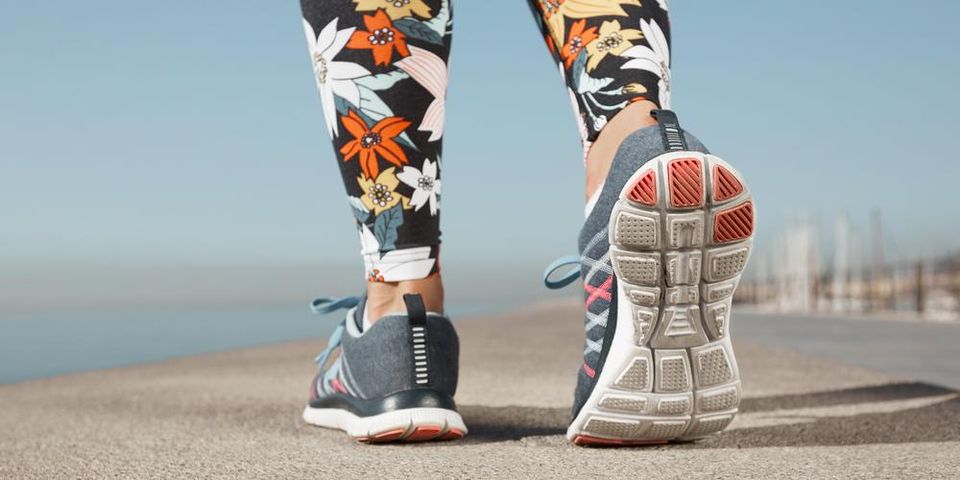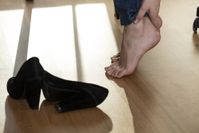Everything You Need to Know About Heel Pain

Heel pain is an uncomfortable but common form of foot pain experienced by teens and many older adults. Although it is rarely a sign of a dangerous or severe condition, it can make it difficult to perform daily activities such as wearing high heels, jogging, or walking. If you are currently experiencing heel pain, you may be wondering what the cause is and how it can be treated.
Below, the orthopedic doctors at Orthopaedic Associates of Rochester in Rochester, NY, share everything you need to know about this condition.
Causes
 The calcaneus, or heel bone, is the largest bone in your foot. As such, your heel supports your weight anytime you stand and absorbs the shock and impact of your movements when you walk or run. Because your heel gets so much use, stress and mechanical injuries are far more common than a sprain or fracture. A podiatrist or orthopedic doctor will determine the cause of your heel pain; however, it is likely the result of a condition such as plantar fasciitis, heel bumps, or a stress fracture.
The calcaneus, or heel bone, is the largest bone in your foot. As such, your heel supports your weight anytime you stand and absorbs the shock and impact of your movements when you walk or run. Because your heel gets so much use, stress and mechanical injuries are far more common than a sprain or fracture. A podiatrist or orthopedic doctor will determine the cause of your heel pain; however, it is likely the result of a condition such as plantar fasciitis, heel bumps, or a stress fracture.
Diagnosis & Treatment
If your heel pain is persistent, visiting a podiatrist or orthopedic doctor will allow them to perform an examination, diagnose the cause, and determine the best way of treating your condition. Your podiatrist will most likely prescribe a conservative course of treatment involving rest, stretching, and icing the area. However, for more serious cases they may also prescribe a pain reliever, corticosteroids, or sessions with a physical therapist. In extreme cases where all of the treatments listed above have been exhausted, your podiatrist may refer you to an orthopedic surgeon.
Prevention
If you commonly experience heel pain, there are several things you can do to prevent the condition from worsening, or to keep it from happening altogether. The first is to manage your weight. Being overweight can place added stress on your heel, leaving it vulnerable to injuries. Second, you should try to wear comfortable shoes, alternating high heels with sneakers or flat shoes that include heel support. Finally, if you frequently run or participate in another sport that places pressure on the heel, you should warm up properly to avoid injury.
If you are experiencing heel pain, call (585) 723-3000 to schedule an appointment at Orthopaedic Associates of Rochester. For more information on the treatment options available with this team, visit their website today.
About the Business
Have a question? Ask the experts!
Send your question

